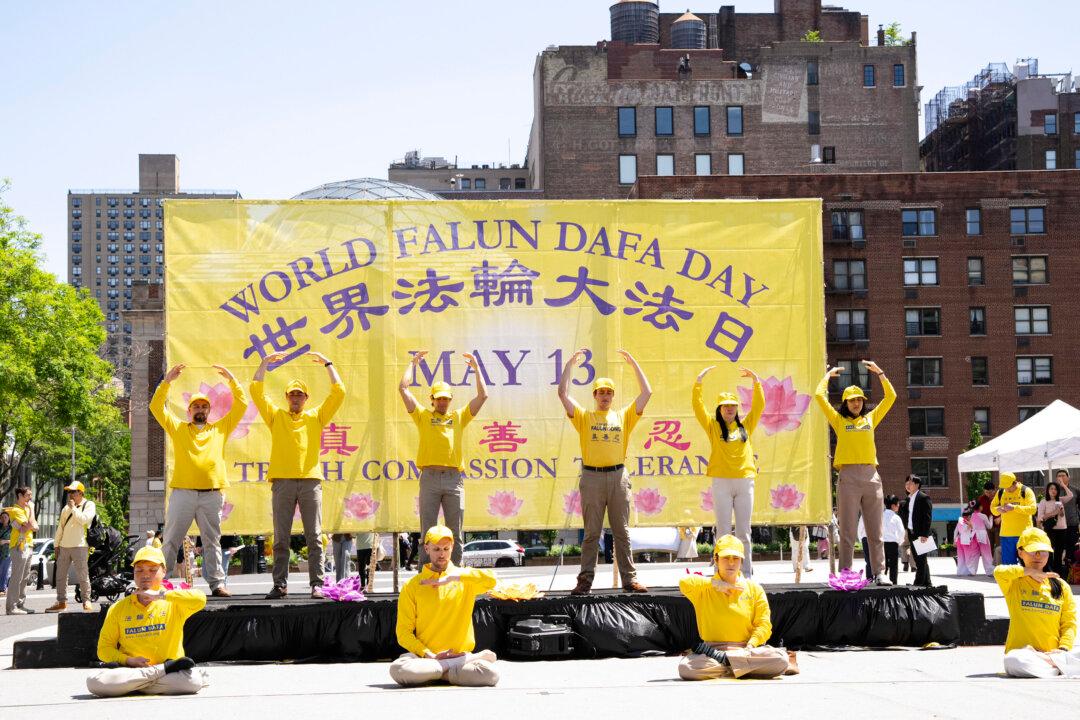San Franciso’s police force has the lowest number of sworn officers in two decades and could see more leaving soon, according to an officer in the department.
In a recent interview on EpochTV’s “California Insider,” Sgt. Richard Cibotti, a 14-year veteran with the San Francisco Police Department, cited a recent poll by the San Francisco police union indicating that 54 percent of the officers said they’re planning to leave the department in the near future.




